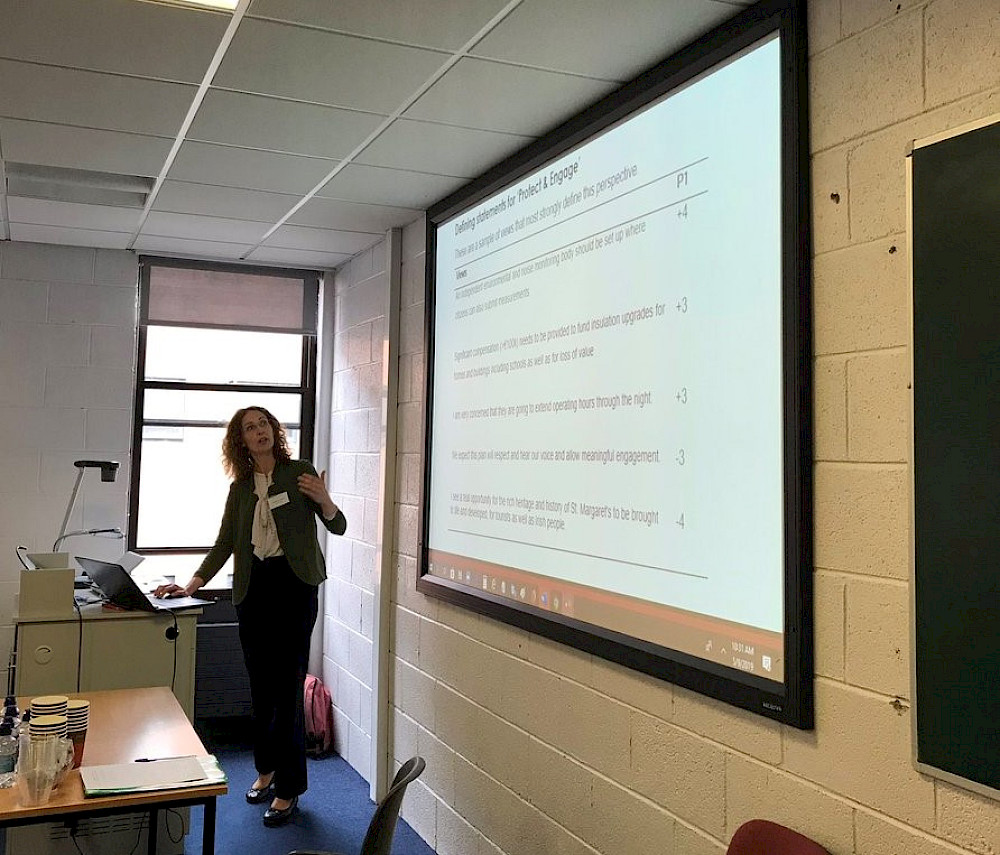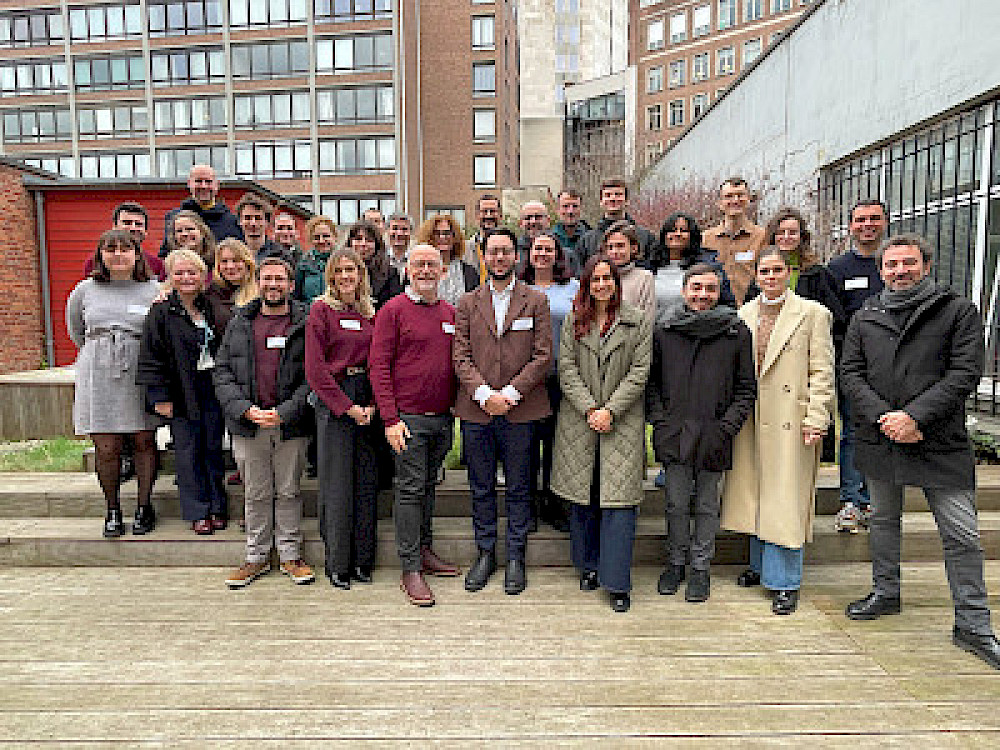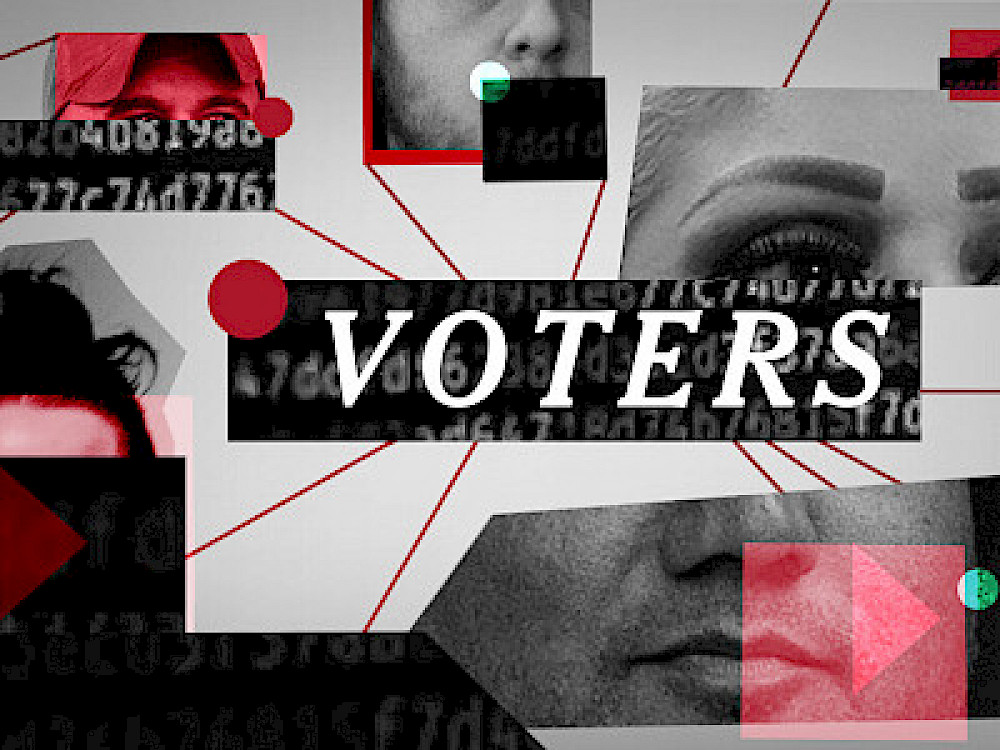The Deliberation in law making procedures: Enhancing
Trust in modern democracies workshop saw 17 papers presented across four panels
addressing critical issues from Mini Publics and Legitimacy to Deliberation and
Deliberation in Law making. The workshop hosted in DCU welcomed delegates from Universities
and Research Institutes across Europe, Canada and had many international aspects
too. Papers presented at the workshop were of a very high level of
academic work, engaging in scholarly analysis either departing from a
theoretical standpoint or following empirical research results.
The four panels approached and analysed in depth
different modes of citizens’ engagement in law making procedures. Many papers
have concentrated in the study of mini publics, their design, their potential
and limitations and most importantly the challenges in implementing decisions
taken in mini publics to maxi public. Other papers have focused on issues of
legitimacy and the impact of democratic innovations on decision making
and legitimacy while a number of scholars have specifically analyzed the
relation between legislative procedures (online and offline)with deliberative democratic
principles and design.

More particularly, at the first panel
entitled “Deliberation, Legitimacy, Impact” the four presentations focusing- as
the theme of the panel reveals- on issues of legitimacy and the larger impact
of deliberative practices on non participants in the context of mini publics.
S. Marien et al. (KU Leuven, Belgium) J. Garry an J. Pow et al (Queens
University Belfast, UCD Ireland, and Jesus College Oxford) and V. Liston (DCU
Ireland) have reported experimental research findings that suggest that mini
publics can increase perceived legitimacy and fairness to the public. The last
paper from M. Setala (UTU, Finland) has demonstrated the impact of deliberation
in parliamentary decision-making process on a critical topic such as euthanasia.
The second panel focused more specifically,
on how deliberative principles can operate in law making, basically in an
online environment. A. Deligiaouri and J. Suiter (DCU, Ireland) have presented
law-making process on line in the EU as this takes place under the Better
Regulation Agenda and Y. Belinskaya (Univ. of Vienna, Austria) in her
co-authored paper has provided findings on relevant initiatives in Russia. At
the same panel J. Benoit Pilet (Univ. Libre de Bruxelles, Belgium) has provided
initial findings and ideas on the study of the effects of democratic innovation
on non participants, while Peter Stone (TCD, Ireland) in his co-authored paper
deployed the argument that decision making bodies can benefit if they encourage
‘imagined deliberation’.
The third and fourth panels were
devoted to detailed analysis of mini publics from many different angles and
viewpoints providing a cross-country perspective. To this extent we had
presentations from Laura Devaney and her co-authors (DCU, Ireland) on the Irish
Citizens Assembly on climate change, and three authors, R. Van Crombrugge, J.
Vrydagh and S.Devillers (with a co-authored paper) have presented case studies
from different areas of Belgium providing important insights on the effects of
small participatory initiatives on public policy and how these democratic
innovations interplay with new modes of governance and their actors.
Commencing the fourth and last panel of the
workshop A. Renwick (UCL, UK) presented his co-authored research for the
importance of the composition of mini publics in relation to the best possible
representativeness required something that can be better achieved, as the
author proposed, by stratification on the basis of political values and
behaviors. St. Elstub (Newcastle Univ. UK) has presented the case of Select
Committees in the British Parliament and how mini publics could diversify the
evidence base and facilitate public scrutiny in them. The case study from M.
Back (Abo Akademi, Finland) and her co-authors presented ongoing research about
a municipal merger in Finland examining if and how deliberative procedures can
have an effect and can be productive in highly polarized topics. The last paper
presented by J. Rose (Queen’s University, Canada) was concerned with issues of
governance commitment and responsiveness to deliberative exercises while
analyzing two different cases of citizen-led bodies in Canada

Law is the main instrument by which policies are
exercised and policies are put forward and implemented. Deliberation in
legislative procedures is a way of enhancing legitimacy and trust in modern
decision making while enabling citizens to have a direct say in all these laws
and policies that will be realized and will have an impact on their life. The
workshop has indicated that deliberation, and in general, democratic
innovations, which enhance civic participation, can address in a positive way
legitimacy gaps acknowledged in modern democracies, insert public demands in
legislative procedures and yield consent in policy making. Thus, deliberation
can be the answer to the problems that modern representative democracy is
facing by reinstituting people at the center of decision-making process.
However, studies show that this is not easily achieved and that several
variables pertaining either to the design and composition of these small
participatory initiatives or to other factors such as the topic under question
and the political environment can influence or alter the expected result.
Papers have also demonstrated how different political and social contexts
employ and apply deliberative procedures and how perceptions for the effects of
them vary, reaching however, an overarching conclusion that despite the
discrepancies detected in different initiatives there is, overall, a positive influence
of deliberative procedures in increasing legitimacy perception levels among the
publics.
The workshop entitled “Deliberation in law making procedures. Enhancing Truth in modern
democracies” was organized by Dr Anastasia Deligiaouri (Marie Curie
Experienced Research Fellow at DCU), Dr Jane Suiter (Associate Professor at
DCU, Director of the Study for Future Media and Journalism) and Prof. David
Farrell (Professor and Head of the Department of Politics and International
Relation at UCD) in the context of the project “Promoting E-Rulemaking in the
EU through Deliberative procedures” (PEREDEP) which is funded by Horizon2020
under the MSCA-IF scheme.
The workshop took place in May 9th, 2019 at the School of Communications at Dublin City
University with the support of PSAI Democratic Innovations research
group and CiviQ.

This
workshop was organized in the context of the project “PEREDEP” (“Promoting
E-Rulemaking in the EU through Deliberative Procedures”) which has received
funding from the European Union’s Horizon 2020 research and innovation
programme under the Marie Skłodowska-Curie grant
agreement No 798502





